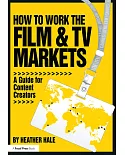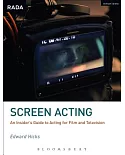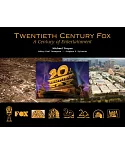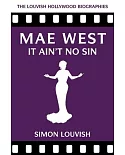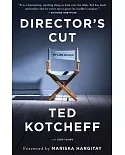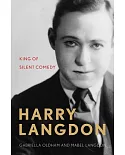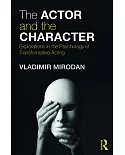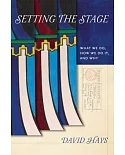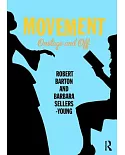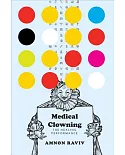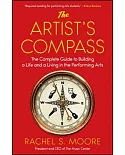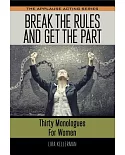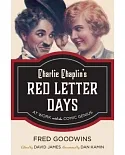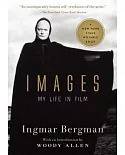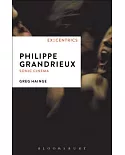In 1993 when Robert Lepage suggested to his colleagues that a specific identity and image be found for his next working group, he imposed one condition. The word theatre” was not to be part
of the name of the new company. This gorgeous full-colour book documents the results of that landmark decision: the dynamic creative arts companyEx Machina, constantly on the move in
search of new forms of storytellingfrom Lepage’s ownDragon’s Trilogy, through Richard Wagner’s Der Ring des Nibelungen for the Metropolitan Opera of New York, to Peter Gabriel’s
world tours, or Cirque du Soleil’sKà in Las Vegas. Its frenetic dynamism means the company must constantly move simultaneously between story draft and stagecraft as it invites
audiences the world over to their theatrical experiments where technology is part of the human adventure. Onstage, hierarchies, methodologies and narrative codes are turned inside out to
create a rich stage vocabulary, free of the conventional constraints of theatre.
The artists of Ex Machina believe that theatre craves new sources of inspiration,” notes Michel Bernatchez, the company’s producer. What is needed is a commingling of the performing
arts such as dance, opera and music with the recording arts such as cinema, video and multimedia. It calls for encounters between scientists and playwrights, between scenic artists and
architects.”
Robert Lepage has said, Theatre, like the world itself, evolves very rapidly, as do its practitioners and its audience. The influence of film and television and the new dramaturgical
possibilities offered by multimedia have opened the way to new forms of expression and new languages of staging that have only barely been explored. It is thus not simply the content and form
of theatre that we are questioning, but also the role theatre will play in the new exchange of ideas in the 21st century.”




